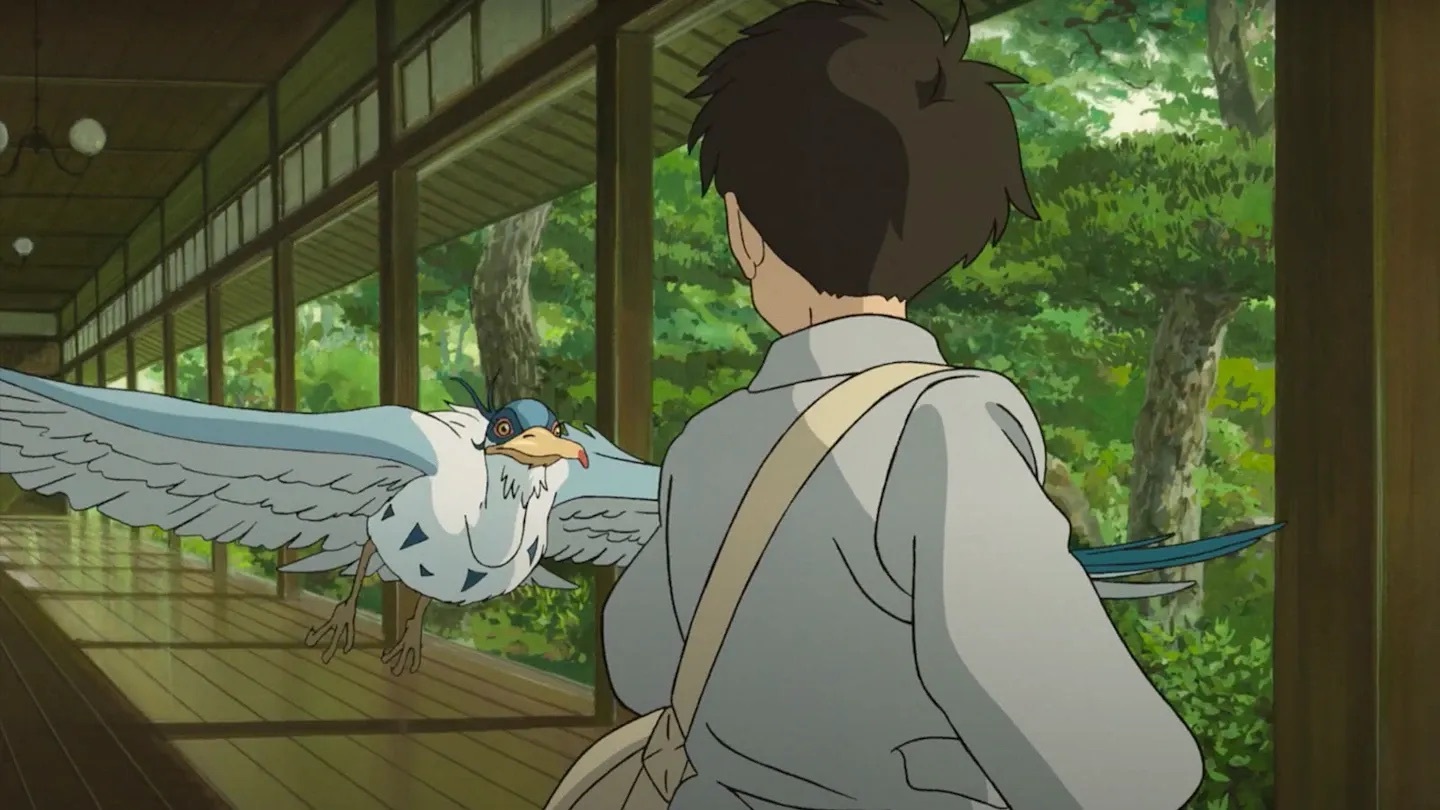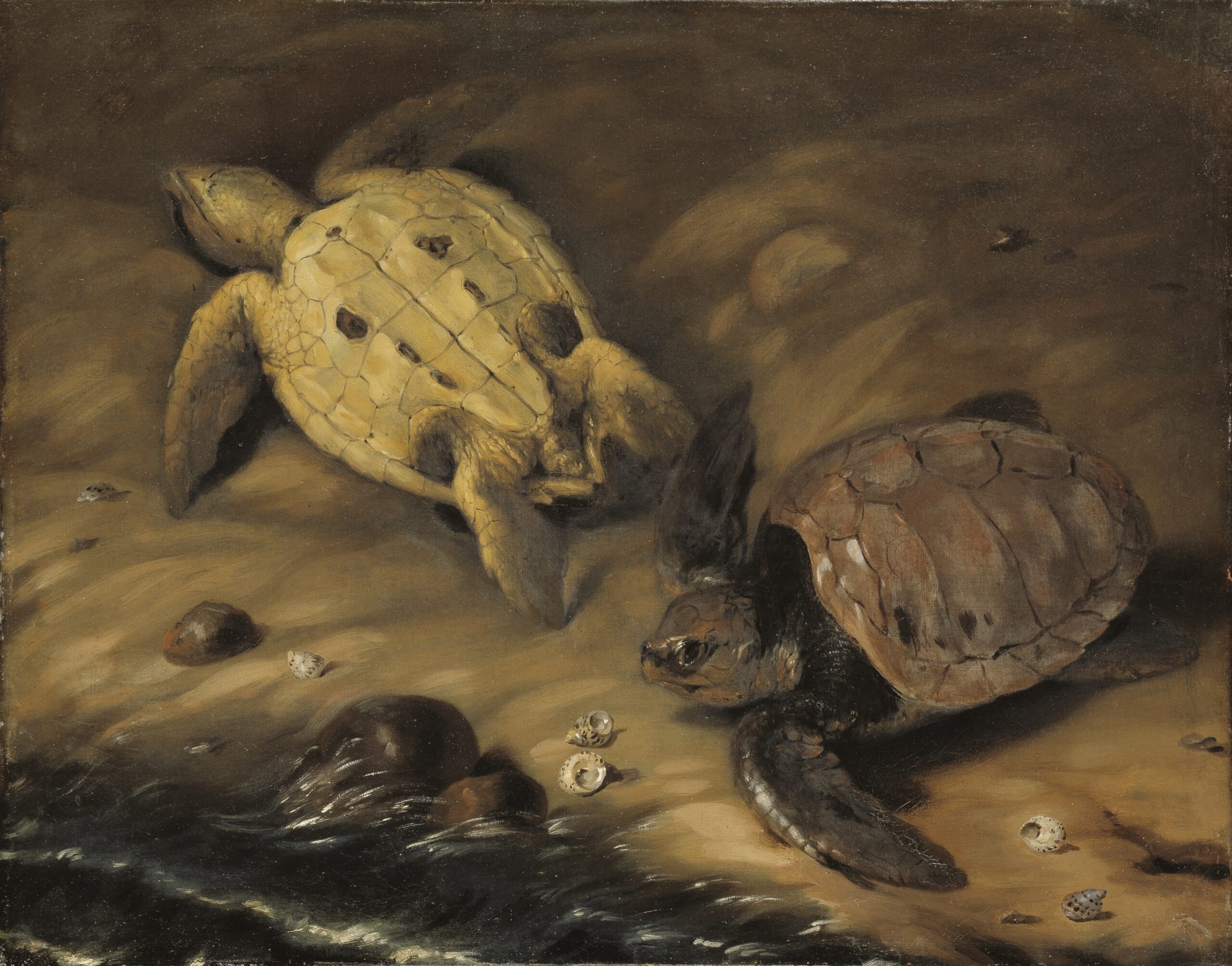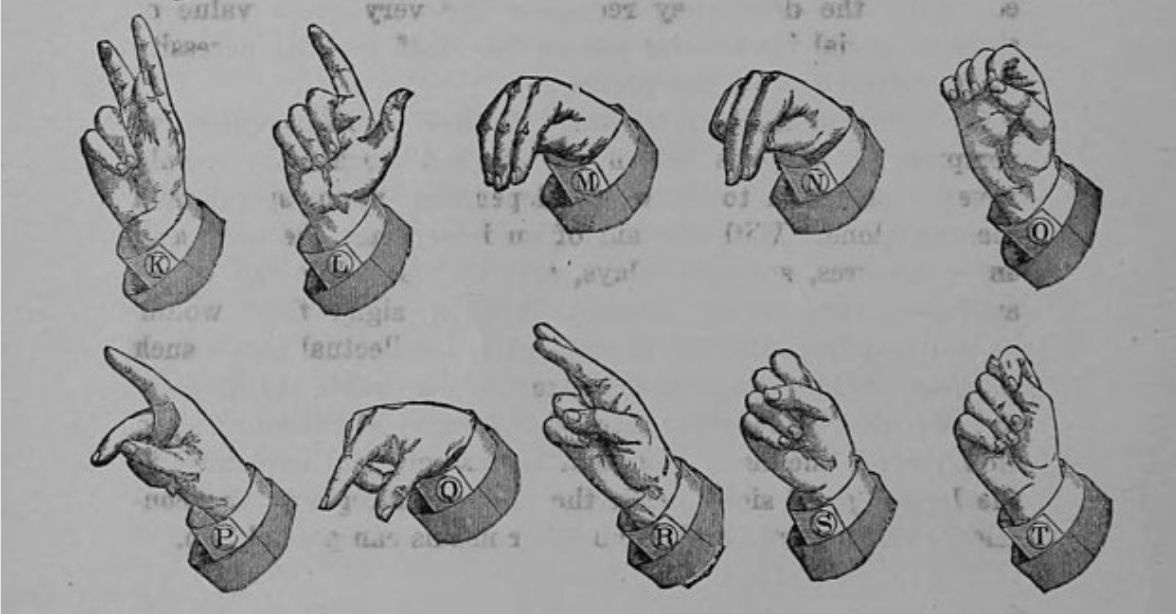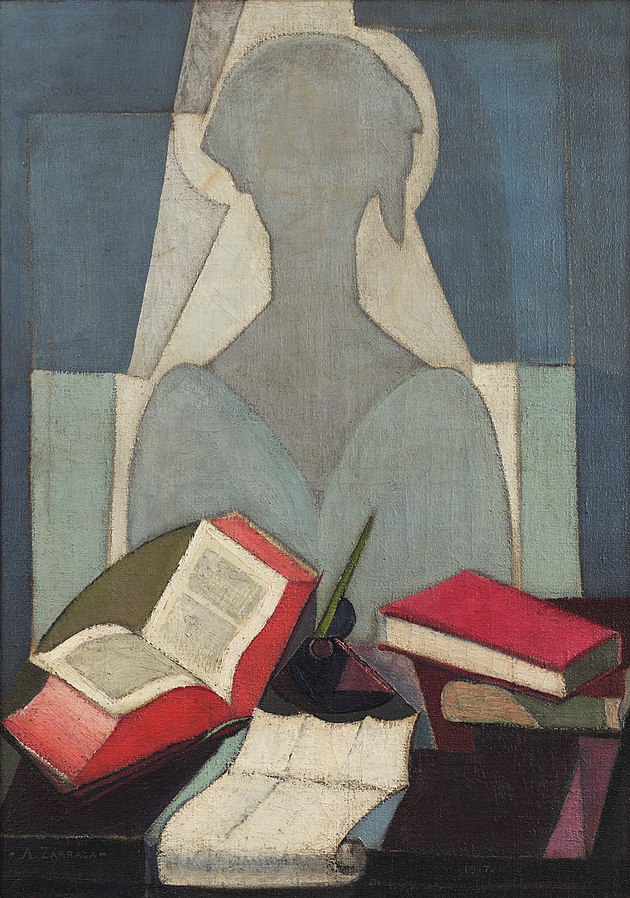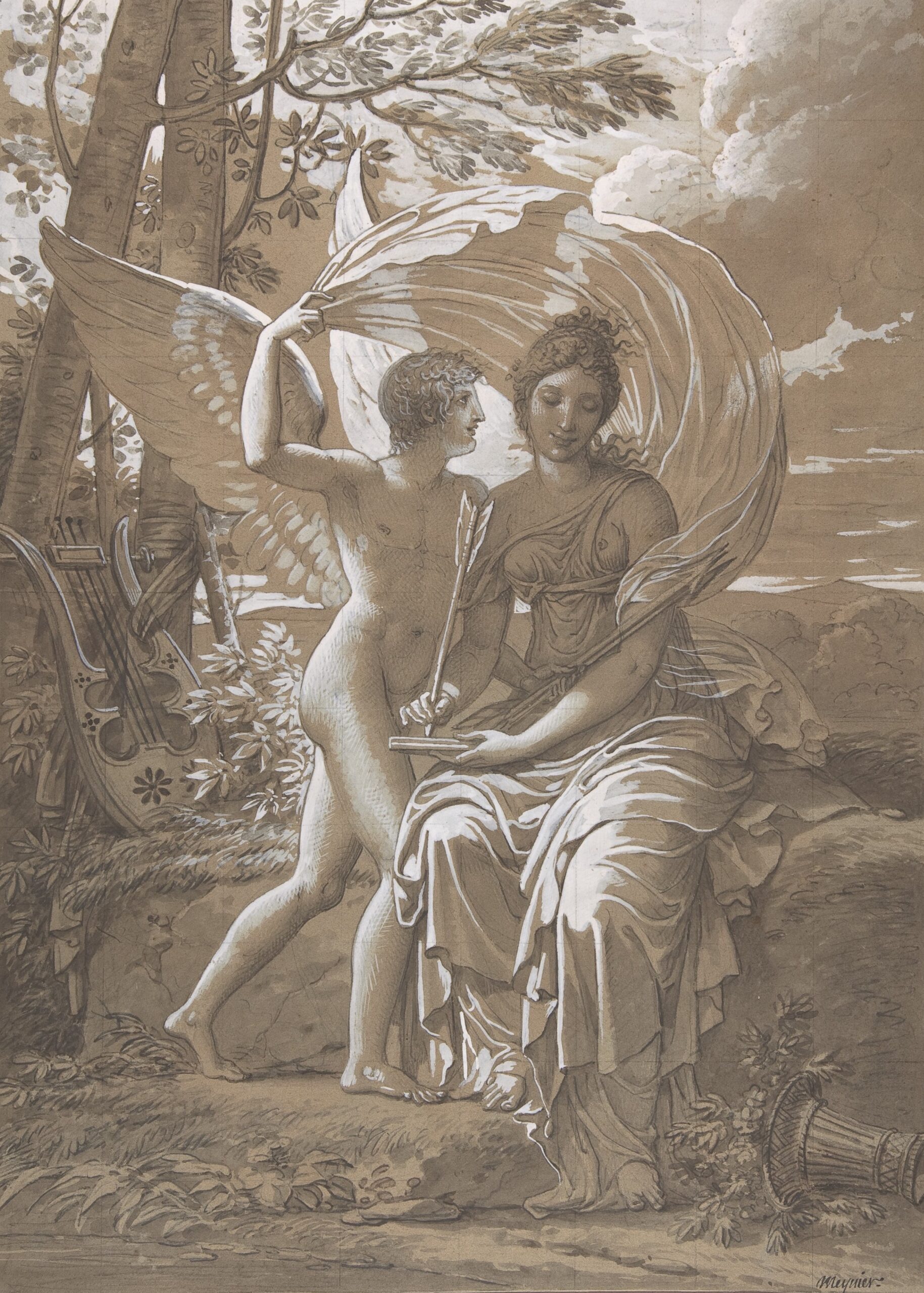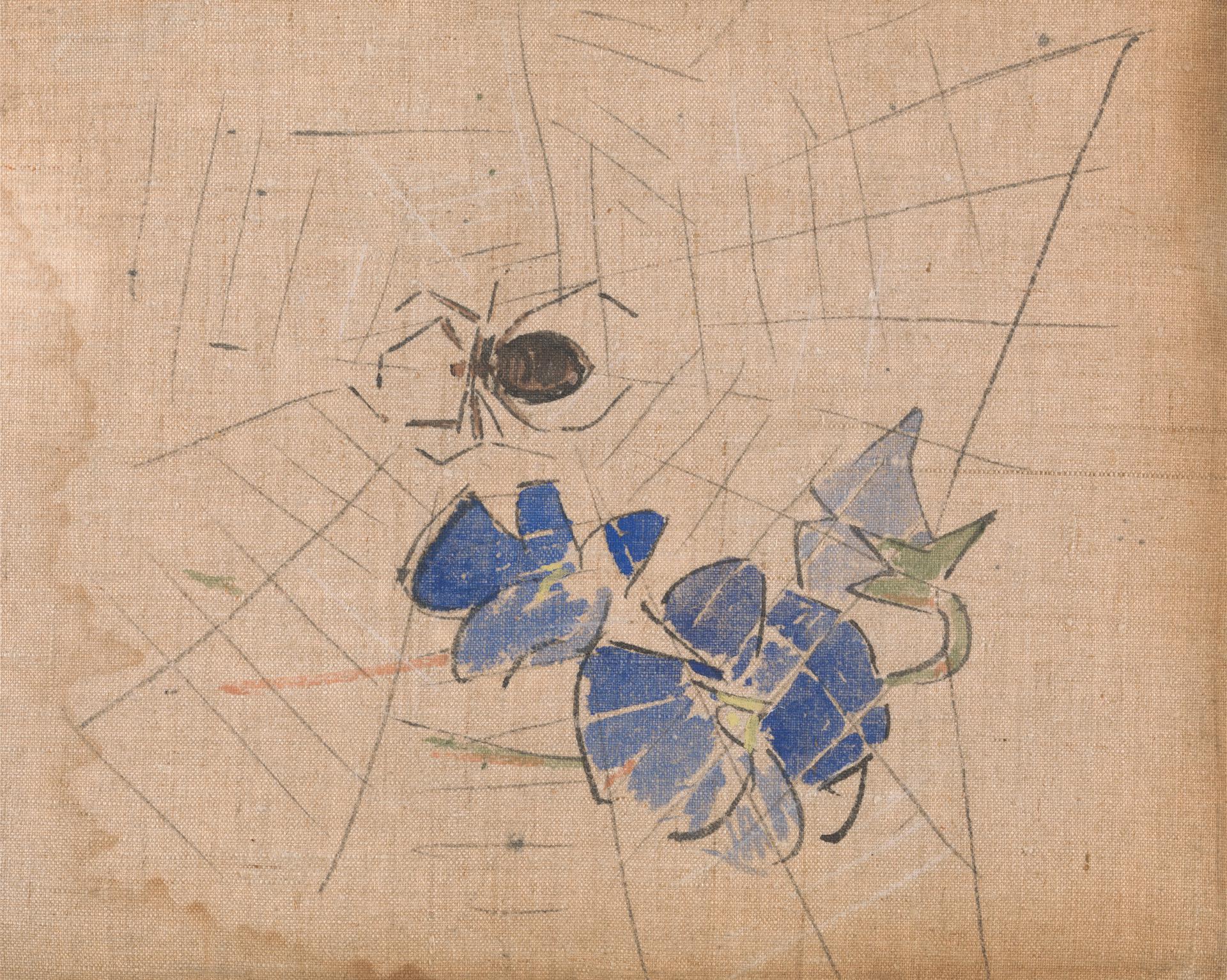I hadn’t even finished reading Miranda Popkey’s piece, “All the Time I’ve Wasted Watching the Better Versions of Me,” when I copied and pasted the link into a text to my best friend. I wrote “stop what you’re doing and read this.” Ninety seconds later my bff wrote back “oh shit but i’m working on my book proposal. can i handle this?” I wasn’t sure.
Popkey’s essay is about envy —specifically of other writers, but more generally of other women. It’s about how difficult it is to metabolize their success, their beauty, their Instagram feeds, and the pain of reckoning not only with the fact that other writers are publishing better things (though she says that’s also true), but that “whatever I publish, I remain the person whose dresser is covered in dust and detritus and whose jeans are coming apart at the crotch, the person who writes in bed and bites her fingernails and hasn’t showered in days.”
It’s an honest, disconcerting dispatch from the hot bundle of synapses in our brains where it seems we exist only to hate each other, and of course, by constant comparison, ourselves. It’s sad, but it’s one of those unflinching, self-deprecating, and really funny pieces that make you smirk and issue micro-exhalations of over-identification every third line or so.
It’s also brave, although I’d put that quality in quotations. It feels almost like the quote-unquote-bravery of the ingenue who’s willing to gain weight or go without makeup for a role. Yes, in so doing, she allows herself to be represented in an unflattering light, and submits herself in that unflattering light to public scrutiny. Then again, that enactment of ugliness is one she herself engineered, or was complicit in engineering. Most importantly, it’s one she’ll profit from. She’s not actually ugly —she’s a movie star pretending to be not a movie star. In this piece, Miranda Popkey is a writer who’s kind of pretending not to be a writer.
Naturally, I say that from my own petty, envious, spiteful, self-doubting, nail-biting perch. My own detritus and dust. And I say it with what I feel to be a more compelling claim to envy than Popkey’s. After all, I’m in California, where (unless you’re Joan Didion) writerly endeavors go to die—or, more accurately, to become media startups, then “pivot,” then die. I’m surely older than Popkey, and I don’t have bylines in any of the places she does: The New Yorker, The New Inquiry, the New Republic. I also don’t have a husband—Popkey has written recently about her decision to don a bridal veil and, quite brilliantly, through a couple old novels newly reprinted by The New York Review Books, about the complicated stakes of being financially supported by her new spouse.
But I do have a couple of kids. Via Quartz, I learned last week that motherhood is actually an “efficiency hack” (which —whatthefuckever), so maybe that shouldn’t be a big deal. But it feels like a big deal. The commute and the full time job and the freelance jobs and the burdens of domesticity —well, they feel like a handicap. And that makes it hard to read articles like Popkey’s, and endless tweets by similar millennial women writers and creatives who seem mired in minor miseries.
I don’t want to compete with Popkey, because in most ways my life is, in the parlance of the day, “blessed,” but also because I really love her writing. And I feel for her. I of course ended up Internet stalking her and found that she has, like me and like so many of us, long been dogged by the more anguished side of ambition: resentment, discontent. She’s been pursued by the question she asks in “All the Time I’ve Wasted:” “Why not me?”
Last year in New York magazine she wrote about a solo road trip, on which she hoped to learn a new kind of freedom and to shake off the persistent condition of “wanting to be wanted —accepted.” Instead, she was forced to confront a radiantly happy old friend who’d traded in life in East Coast publishing for a burly husband and a ranch in Wyoming. (The cowboy husband even rubs the friend’s feet beneath a taxidermied elk head.) She realizes she doesn’t know exactly what she wants. She writes, “New York had encouraged a desire, already hard-wired, to be generally desired —by jobs and men and girls whose Instagram feeds made me sick with envy—while at the same time concealing what it was I desired.”
On the one hand, her words are refreshingly real. The anonymity of modern life can be crushing. The city, she writes, “feels glutted with other versions of yourself, trying to do precisely the same thing.” I wrote something nearly identical in my journal 10 years ago on a tipsy winter night, after looking around the L-train at the other sad, Semitic brunettes also dwarfed by their parkas and bulky scarves, with their heads in books, their headphones possibly even piping the same songs as mine into their frigid, lonely ears. The city felt at times like it was teeming with other versions of me —better, smarter, prettier versions. We’re the stars of our own movies.
For women especially, this competition for recognition isn’t only intellectual, it’s intellectual-aesthetic, revolving at least as much around youth and fashion as brainpower. These days, the careers of even the most brilliant among us are abetted, amply, by selfies. It is, after all, one thing to write the essay for n+1, and another to show up, svelte and fuckable, to the n+1 party. In certain circles, the pressure is on to do both, and if you’re not feeling on your game (or don’t have the resources—financial, psychological, genetic —to access the game in the first place), it really fucking sucks. I get it.
On the other hand, I’m tired of reading the anxious apologetic essays—and tweets—of a generation of super smart women who seem to spend half of their time writing with confidence and appearing in literally the best magazines and journals in the country, and the other half pretending to be failures, broken, stained by the last shameful drops of Seamless takeout, hanging on by a fucking thread. Forget Sad Girl Twitter, this is, like, Hot Mess Somehow Published in the Paris Review Twitter.
Why are so many pretty, skinny, young, mostly white women who are published, even prolific, writers, advertising themselves as sloth-like layabouts, wracked with crippling anxiety, perennially dirty, late, awkward? It feels like my feed is full of the kinds of girlfriends I sometimes made in college or grad school, who perversely want you to believe that oh my god, they didn’t study, either! They’re always the ones who produce a stack of neatly written flash cards from their backpacks, turn in the paper early, and invariably ace the exam. What they’re drawn to is the staging of a lack of preparedness, the heady camaraderie of stress.
Going public with emotions once thought to be either unladylike, unprofessional, or essentially feminine (and therefore weak, frivolous, or crazy) is still a courageous and political act. And much of what’s great about social media is the fact that we can do just that all day with varying degrees of seriousness, varying numbers of fucks given. But often, Hot Mess Twitter doesn’t actually feel ultra-honest. It feels like just another slightly disingenuous performance of femininity.
I say this not to call into question the veracity of any actual individual’s claim to anxiety or depression or self-loathing, nor to dismiss the very real anxieties of the writing life and of many women’s lives. But rather to suggest that the flippant micro-chronicling of every bad mood, awkward exchange, and looming, soon-to-be-abdicated responsibility works to obscure all of the privilege, yes, but also all of the striving that got you to the big boys’ table in the first place, and to undermine your actual (often extremely good) work.
Then again, maybe none of this is supposed to be the real deal. After all, sad-girl social media doesn’t seek to be taken particularly seriously. It’s knowingly indulgent and laced with irony: a post-everything pose that knows it’s a pose. The bondage of self elevated to personal brand. But if these accomplished women are seeing themselves as unkempt failures, why? Do they feel a need to downplay their own ambition? Are they jealous of other people who appear to be “adulting” better? Or perhaps perversely proud of a certain skin-of-their-teeth success? Are they seeking genuine empathy and support?
In 2013, Slate published a piece by Michele Weldon called “Why Do We Admire Women Who Are ‘Hot Messes?’” In it, Weldon earnestly wrote, “I want to tell the ever-growing crop of hot messes a well-kept secret: When you behave responsibly, you bathe in the fullness of a life held in place with a deliberate and intricate construction of mutually respectful connections. And that makes you happy.” I remember reading that and thinking, God, SHUT UP. You’re not my fucking mom, Michele! Don’t tell me to “behave responsibly!” It seemed like the perfect encapsulation of the feminist generational divide: a judgy Second Waver passing on a “secret,” telling “young women” how to “bathe in fullness.” I guffawed, feeling myself to be squarely in the irreverent young women category. Now, three more years into absorbing the caustic narcissism of young women on the Internet, I think I may actually be somewhere in the middle. To use the kind of hyperbole common to Hot Mess Twitter, I’m exhausted.
The thing I most appreciated about Popkey’s envy piece is its ending. I expected it to close with an entreaty to stop wasting time feeling jealous of other women and start supporting each other! It doesn’t. Popkey doesn’t summon any false sisterhood. She ends instead with a dollop of realism, saying she expects she’ll spend a lot more time feeling envy in the future.
I’ll end similarly, then, with low expectations. Writing is hard. Late capitalism is absurd. Memes are funny. We all hate ourselves. To the hot mess writer girls of the Internet: I’ll keep reading your articles with genuine interest, lol-ing at your tweets when they’re funny, and rolling my eyes when they’re annoying. I guess if I really don’t like it, I could always press Unfollow.
Image credit: WikiCommons.

